Contact Us
If you would like to find out more about SEREN, need help with this site, would like to offer feedback or have a complaint then please complete the form or get in touch with us by email at: seren.diabetes@wales.nhs.uk.
If you would like to find out more about SEREN, need help with this site, would like to offer feedback or have a complaint then please complete the form or get in touch with us by email at: seren.diabetes@wales.nhs.uk.
In Type 2 diabetes the body is still able to make insulin, but it isn’t able to use it as well. This is known as insulin resistance.
This means the pancreas needs to keep making more insulin in order to control blood glucose levels. Eventually, the cells in the pancreas can become worn out and can stop making insulin. Type 2 diabetes can often be managed with lifestyle changes and medication but, as the condition progresses, many people will end up needing to inject insulin as well.
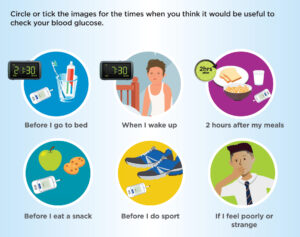
If you break down the word hypoglycaemia, you can see what it means:
Hypo = “low” Glyc = “glucose” Aemia = “blood”
So rearranging these words gives “low blood glucose”
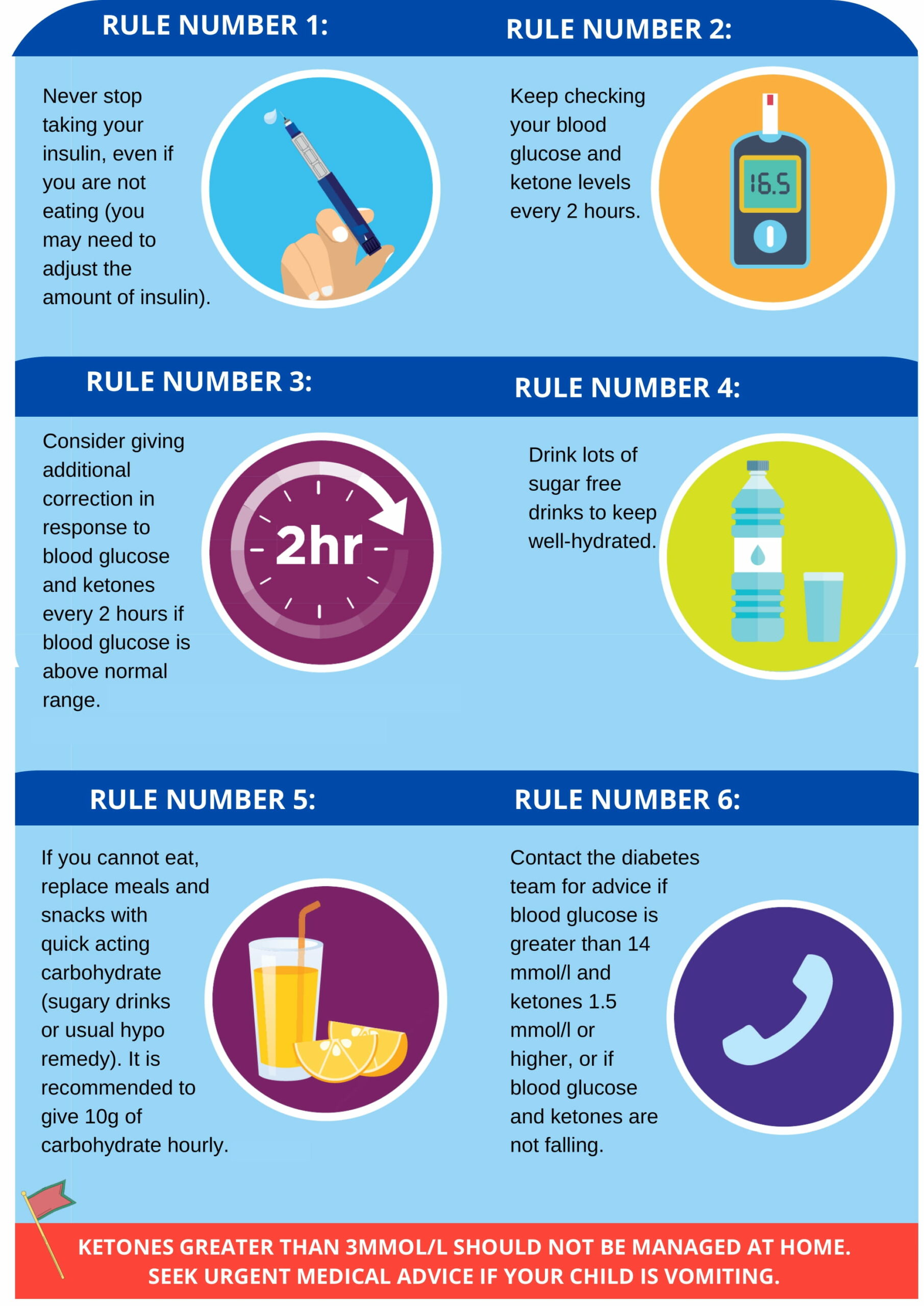
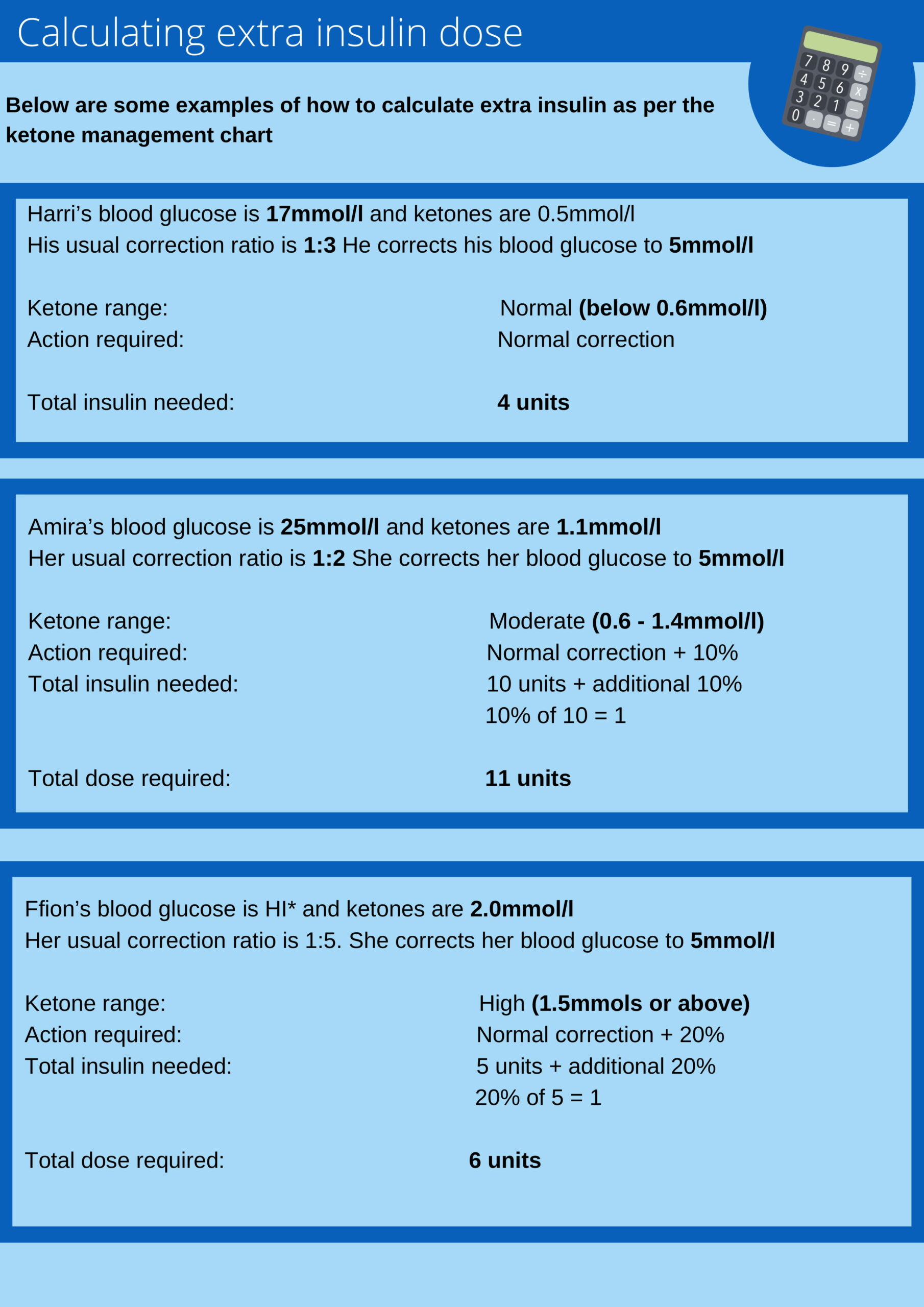
Hyper
= “high” Glyc = “glucose” Aemia = “blood”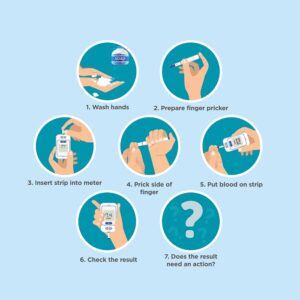
This is when the blood glucose falls below 4mmol/l and is easily corrected. It is important not to ignore mild hypo symptoms and to take action straight away.
This is when the blood glucose falls below 3mmol/l. You may require help from someone else as your brain will struggle to make the right choices when your blood glucose level is very low.
If you have a severe hypo you will not be aware of it and you will require help from your family. Severe hypos are extremely rare and your family will be taught how to manage them.
Your team wants to give you the best standard of care, for you to look after your diabetes, and keep you healthy and well. They will carry out checks every year which will help to spot any changes early and treat them before they become a problem.
These are set by an organisation called NICE and are known as the 7 care processes.
There are three different types of hypos.
Mild: This is when the blood glucose falls below 4mmol/l and is easily corrected. It is important not to ignore mild hypo symptoms and to take action straight away.
Moderate: This is when the blood glucose falls below 3mmol/l. You may require help from someone else as your brain will struggle to make the right choices when your blood glucose level is very low.
Severe: If you have a severe hypo you will not be aware of it and you will require help from your family. Severe hypos are extremely rare and your family will be taught how to manage them.
At the end of this section you will:
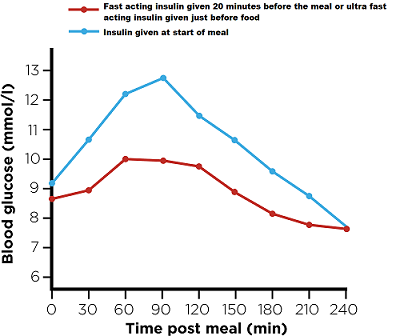
You may now have realised that injecting insulin will be a routine part of your life. Living with a fear of needles can make living with diabetes really tricky.
If you find giving your insulin injection a struggle your team can help and may offer suggestions or injection aids.
They can give you a self-help book written by a clinical psychologist called ‘Talking Type 1…Not OK with needles?’.

(reference UK Chief Medical Officer’s Physical Activity Guidance)
